What Is A Digital Recorder ?
A digital recorder is an electronic device used to record and store audio or video files in a digital format. It typically replaces traditional analog tape recorders and offers various advantages such as higher quality recordings, longer recording times, and easier file management. Digital recorders can be standalone devices or integrated into other devices such as smartphones, cameras, or computers. They often have built-in microphones or inputs to connect external microphones or other audio sources. Digital recorders are commonly used in a wide range of applications, including journalism, music production, podcasting, dictation, and surveillance. They allow users to capture and store audio or video recordings for later playback, editing, or sharing.
1、 Definition and Function of a Digital Recorder
A digital recorder is an electronic device used to record and store audio or video files in a digital format. It is a modern alternative to traditional analog tape recorders and offers several advantages in terms of convenience, quality, and versatility.
The primary function of a digital recorder is to capture and store audio or video recordings. It uses digital technology to convert analog signals into digital data, which can then be stored on various types of memory devices such as hard drives, solid-state drives, or memory cards. This allows for easy playback, editing, and sharing of recordings.
Digital recorders come in various forms, including handheld devices, portable recorders, and professional studio equipment. They are widely used in a range of applications, such as journalism, music production, podcasting, dictation, and surveillance.
One of the key advantages of digital recorders is their ability to produce high-quality recordings. Unlike analog tape recorders, which can suffer from degradation and loss of quality over time, digital recordings remain pristine and can be copied without any loss of fidelity. Additionally, digital recorders often offer advanced features such as noise reduction, built-in microphones, and adjustable recording settings, allowing users to capture clear and professional-grade audio or video.
Furthermore, digital recorders offer greater convenience and flexibility compared to their analog counterparts. They are compact, lightweight, and easy to operate, making them ideal for on-the-go recording. Many digital recorders also have built-in USB ports or wireless connectivity, enabling seamless transfer of recordings to computers or other devices for editing or sharing.
In recent years, the rise of smartphones and other mobile devices with built-in recording capabilities has led to a decline in the standalone digital recorder market. However, professional-grade digital recorders still hold a significant place in industries that require high-quality audio or video recordings, where they offer superior performance and specialized features.
In conclusion, a digital recorder is an electronic device that captures and stores audio or video recordings in a digital format. It provides high-quality recordings, convenience, and versatility, making it a valuable tool in various industries and applications.
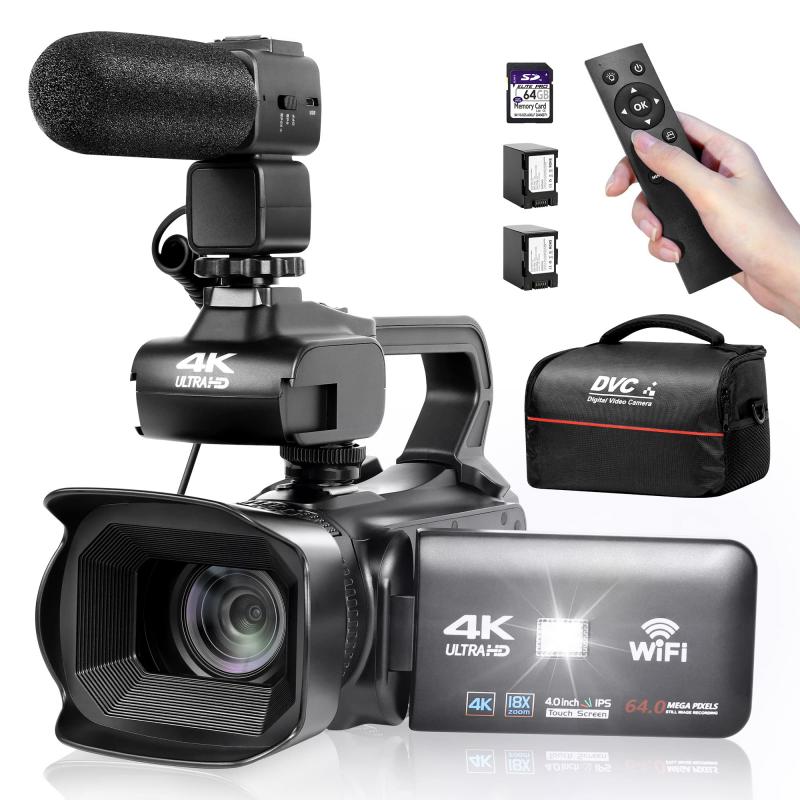
2、 Types and Features of Digital Recorders
A digital recorder is an electronic device used to record and store audio or video files in a digital format. It has replaced traditional analog tape recorders due to its convenience, versatility, and superior recording quality.
Digital recorders come in various types and sizes, catering to different needs and preferences. Portable handheld recorders are compact and lightweight, making them ideal for on-the-go recording. They often have built-in microphones and offer features like noise reduction and voice activation. Professional-grade digital recorders are more advanced, offering higher audio quality, multiple input options, and extensive editing capabilities.
One of the key features of digital recorders is their ability to store recordings in various file formats, such as MP3, WAV, or FLAC. This allows for easy sharing and compatibility with different devices. Additionally, digital recorders often have large storage capacities or support external memory cards, enabling users to record for extended periods without running out of space.
Another important feature is the ability to connect to a computer or other devices for file transfer and editing. Many digital recorders have USB or Bluetooth connectivity, making it convenient to transfer recordings to a computer for further processing or sharing.
In recent years, digital recorders have also incorporated advanced features like built-in Wi-Fi for wireless file transfer, smartphone integration for remote control and monitoring, and even cloud storage options for seamless access to recordings from anywhere.
Overall, digital recorders have revolutionized the way we capture and store audio and video. With their versatility, convenience, and ever-evolving features, they continue to be an essential tool for professionals, students, journalists, musicians, and anyone in need of high-quality recording capabilities.

3、 Advantages and Disadvantages of Digital Recorders
A digital recorder is an electronic device used to record and store audio or video files in a digital format. It is a portable and compact device that offers convenience and flexibility in capturing and storing audio or video content.
Advantages of Digital Recorders:
1. High-quality recordings: Digital recorders offer superior sound and video quality compared to analog devices. They capture and reproduce audio or video with clarity and precision, ensuring a professional and clear recording.
2. Easy to use: Digital recorders are user-friendly and require minimal technical knowledge to operate. They often come with intuitive interfaces and simple controls, making them accessible to a wide range of users.
3. Portability: Digital recorders are lightweight and compact, allowing users to carry them easily wherever they go. This makes them ideal for journalists, students, musicians, and professionals who need to record on the go.
4. Storage capacity: Digital recorders have ample storage capacity, allowing users to record and store a large amount of audio or video content. Some devices also offer expandable memory options, enabling users to increase storage as needed.
5. Versatility: Digital recorders can be used for various purposes, including interviews, lectures, music recording, podcasting, and more. They often come with additional features such as built-in microphones, adjustable settings, and connectivity options.
Disadvantages of Digital Recorders:
1. Battery life: Digital recorders rely on batteries for power, and their battery life can vary. Users need to ensure they have sufficient battery power or carry spare batteries to avoid interruptions during recording.
2. File compatibility: Different digital recorders may use different file formats, which can sometimes cause compatibility issues. Users may need to convert or transfer files to compatible formats for editing or sharing purposes.
3. Cost: While digital recorders are available at various price points, high-quality devices with advanced features can be expensive. Users should consider their budget and requirements before investing in a digital recorder.
4. Vulnerability to data loss: Like any digital device, digital recorders are susceptible to data loss due to technical malfunctions, accidental deletion, or damage. Users should regularly back up their recordings to prevent loss of important content.
In conclusion, digital recorders offer numerous advantages such as high-quality recordings, ease of use, portability, ample storage capacity, and versatility. However, they also have some disadvantages, including battery life limitations, file compatibility issues, cost considerations, and vulnerability to data loss. It is important for users to weigh these factors and choose a digital recorder that best suits their needs and preferences.
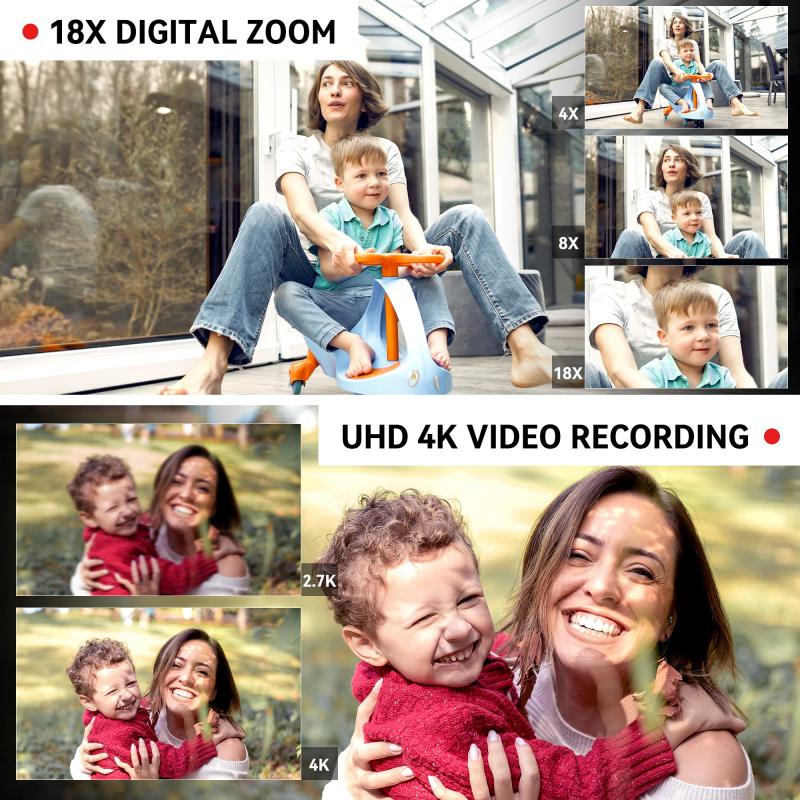
4、 How to Use a Digital Recorder
A digital recorder is a portable electronic device used to record audio or video files. It is a modern alternative to traditional analog tape recorders, offering numerous advantages in terms of convenience, quality, and storage capacity.
Unlike analog recorders, which use magnetic tapes to store information, digital recorders use digital technology to convert sound or video signals into digital data. This data is then stored on internal memory or external storage devices such as SD cards or USB drives. The digital format allows for easy editing, copying, and sharing of recordings, making it a popular choice for professionals and hobbyists alike.
To use a digital recorder, start by familiarizing yourself with the device's controls and settings. Most digital recorders have a built-in microphone for capturing audio, but some models also offer the option to connect external microphones for better sound quality. Adjust the recording settings according to your needs, such as selecting the desired file format, bit rate, or microphone sensitivity.
When recording, position the microphone appropriately to ensure clear and balanced sound. Avoid background noise and try to maintain a consistent distance from the sound source. After recording, you can review and edit the files directly on the device or transfer them to a computer for further processing.
In recent years, digital recorders have become more advanced, offering features such as noise cancellation, voice activation, and Bluetooth connectivity. These advancements have made digital recorders even more versatile and user-friendly, catering to a wide range of recording needs, from interviews and lectures to music performances and field recordings.
Overall, a digital recorder is a valuable tool for capturing high-quality audio or video recordings with ease and flexibility.
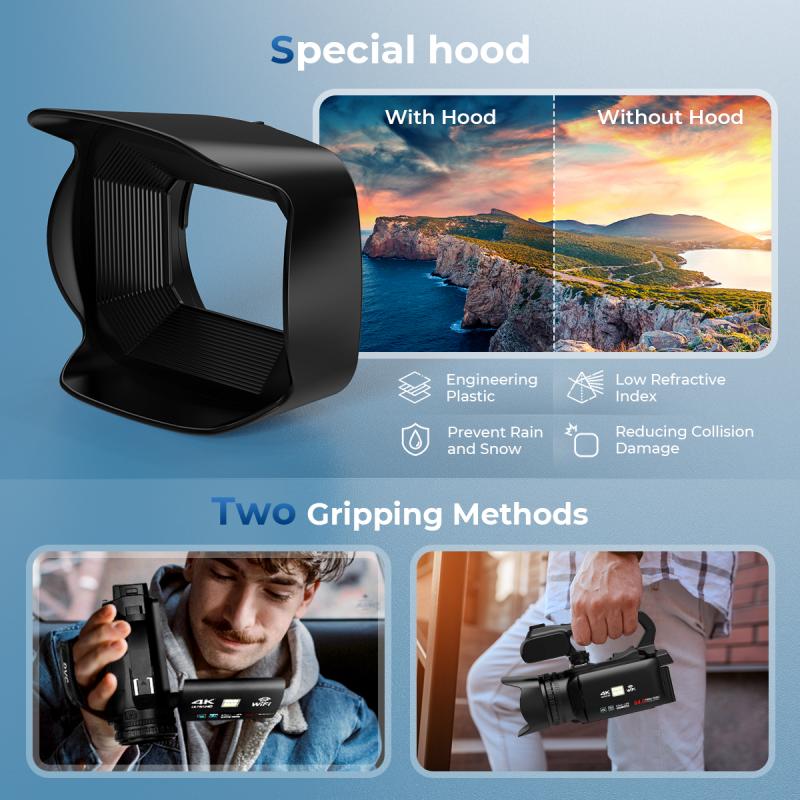







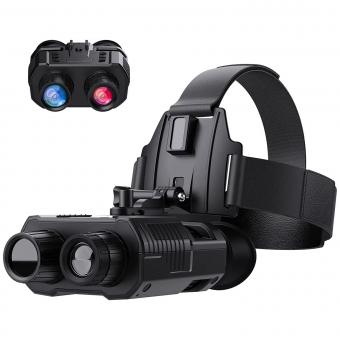

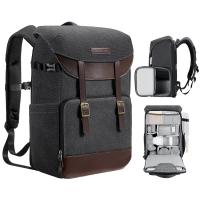
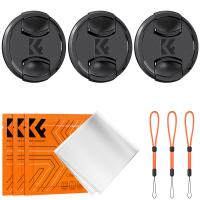
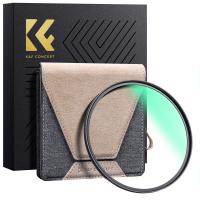

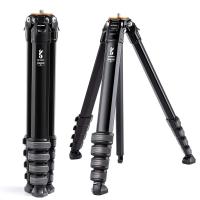
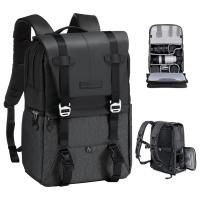

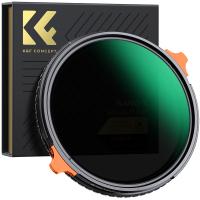
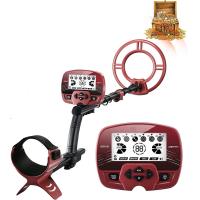
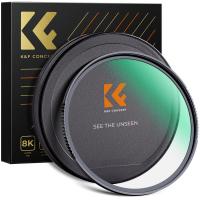
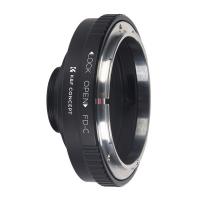
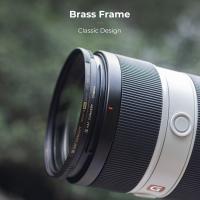
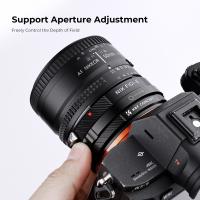

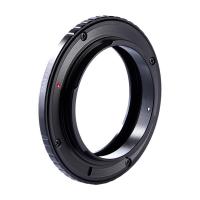
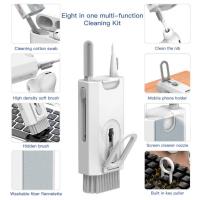

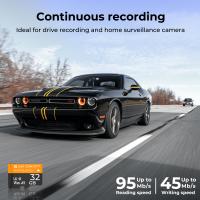
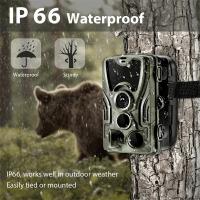
There are no comments for this blog.